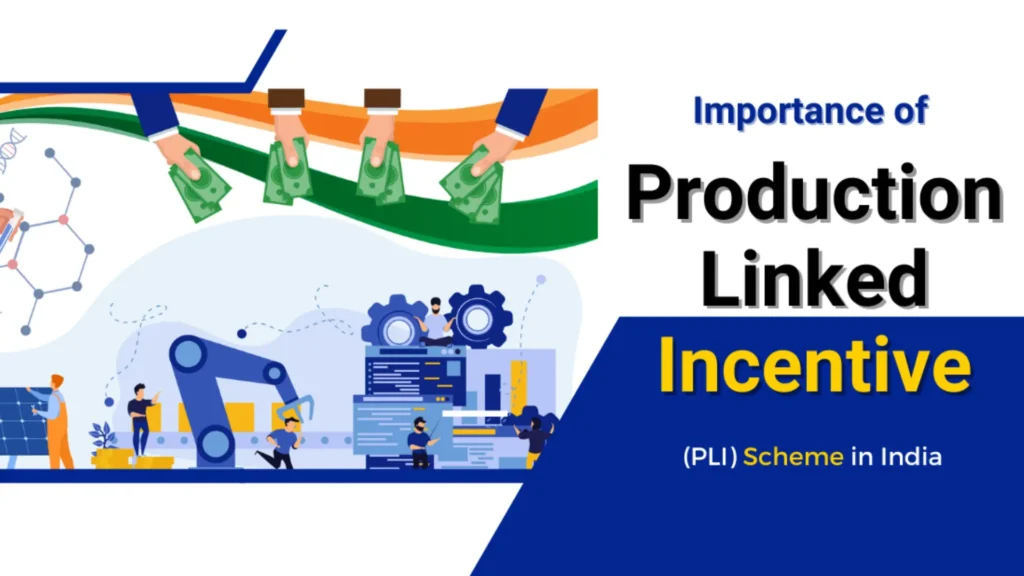The world is witnessing slowness and uncertainty in the economic behavior of the Automobile and Auto Components Industry. As a result, the market is facing difficulty in combating the uneven pattern of demand and supply chain affecting trading badly. To counter and overcome the prevailing economic challenges of the auto industry, the Government of India has progressively announced the Production Linked Incentive (PLI) Scheme for the industry acting as a boon to safeguard the ongoing growth trajectory in the post-pandemic world.
The PLI-Automobile scheme was launched on 15 September 2021 supported by a budget amount of INR 25,938 crore has been planned to wisely utilize in the coming five-year between the financial year 2022-23 to 2026-27. The scheme is designed to enhance the upscaling of the domestic manufacturing of high-end products pioneering in Advanced Automotive Technology (AAT) and building provision for local production at a mass level to meet national and international demand.
Thus, the scheme is crafted with a dual advantage, that will not only safeguard the automobile industry on economic grounds in this tough time but also focus on the production of Zero Emission Vehicles (ZEVs). It is aiding the clean energy sustainability agenda that is currently supported by the battery-operated electric vehicles and Hydrogen fuel cell vehicles in the country.
The PLI-Automobile scheme in the long run will prove to be a game-changer by drawing the interest of manufacturers, consumers, and other stakeholders involved in the value supply chain to impact the socio-economic order. It will further enable huge investments to witness a growing employment trend and growth of the automobile sector on the verge of growing demand globally.
The extension of the scheme duration by one year with some amendments has led to the growth of this strategic sector of the Indian economy. The scenario will support the success of the ‘Make In India’ mission by motivating the manufacturers to boost in-house domestic production and become eligible for financial incentives offered under the scheme against incremental sales. The scheme is the need of the hour against unfavorable economic waves while at the same time boosting the industry to compete in the international market.

